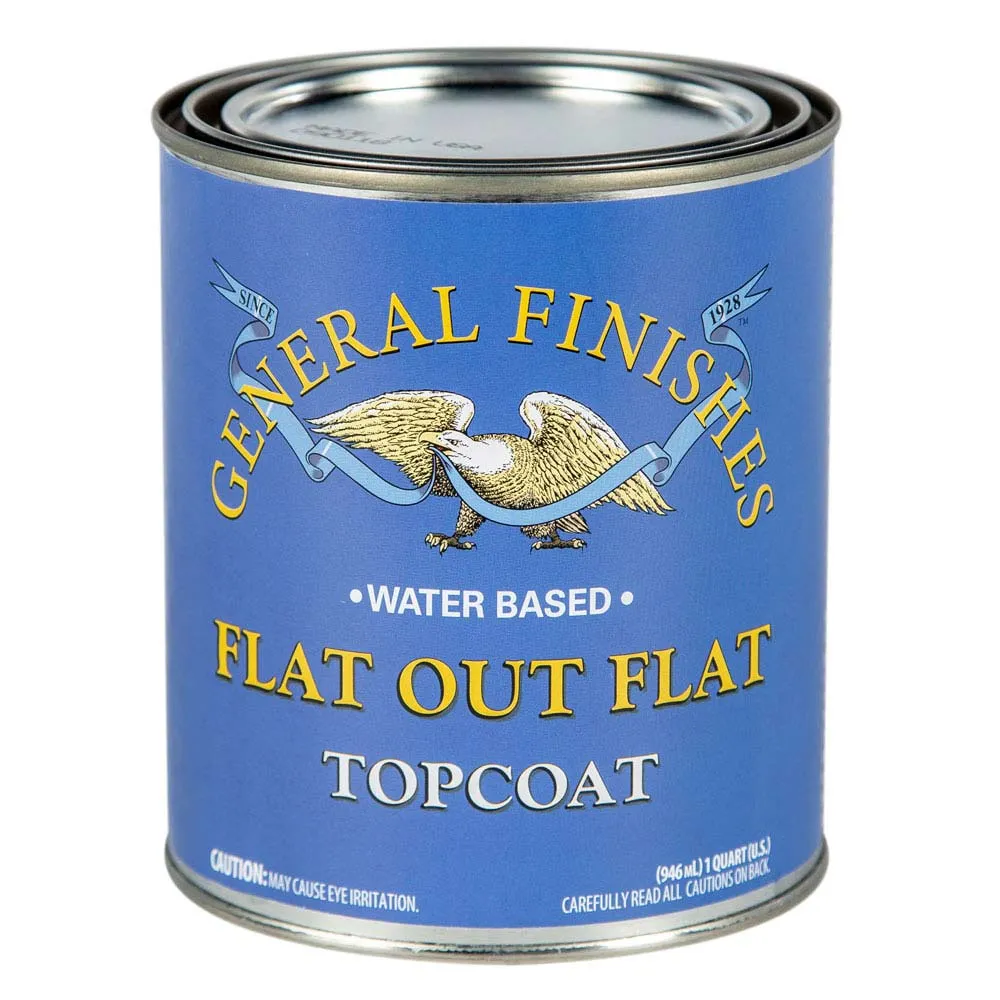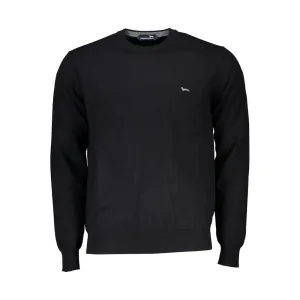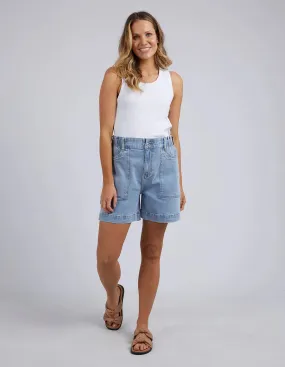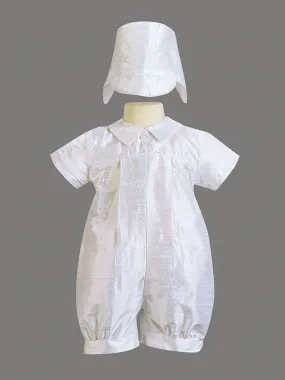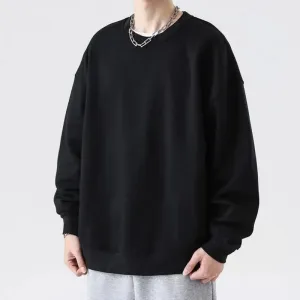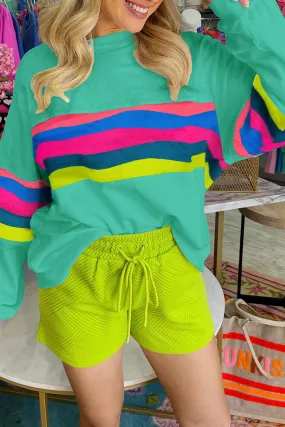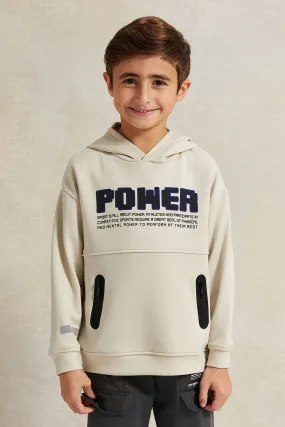Flat Out Flat is a self-crosslinking water-based topcoat that mimics the lustrous look and feel of wax. The increased matting agents used to create "flat look" cause this wood finish to have less clarity, show fingerprints more and provide slightly less durability than High Performance. It is recommended for medium to low-use surfaces other than kitchen cabinets and table tops.
- Flat Out Flat is not recommended for high-use areas such as cabinets and tabletops. The popular flat sheens are lovely, but they have different properties than glossy finishes. The flatting agents required to reduce sheen in matte topcoats also slightly reduce clarity, water resistance, durability and resistance to chemicals such as ketchup, soap, chemical cleaners or ammonia. This is not much of a concern in low-use areas but is important for tabletops or kitchen cabinets.
- Here is a tip to improve the performance of your finish and still obtain a matte sheen: Use a semi-gloss sheen for the first 2 coats and a flat for the third for optimum performance. Alternatively, use or .
Also available in .
Don't forget your and !
[TABS]
Specs
Product Colors: Water White in can (dries clear)
Base Type: Water
Ambering: No
Sheen: Very Flat (1-5)
Interior or Exterior: Interior only
Tintable: Yes
Type: Self-crosslinking Acrylic
Coats: 3 coats
Application Method: Brush, Roll, Spray
Usable over existing finishes: Yes
Spray Tip Sizes: HVLP 1.1mm-1.3mm
Dry Time - Touch: 30 min.
Dry Time - Recoat: 2 hrs.
Dry Time - Light Use: 7-10 days
Dry Time - Cure: 21 days
Coverage: 125-150 sq. ft.
Viscosity: Medium
Durability (Highest, High, Medium, Low): Low
Preparation
Raw Wood
- Sand no finer than 220 grit.
- Remove dust.
Sealed Surface
- Scuff clean with a non-woven abrasive pad & 50:50 mix of denatured alcohol & water.
- Dry 1-2 hours.
- Sand lightly with 220-320-grit sanding sponge.
- Remove dust.
Directions
- Work in a well-ventilated area.
- Stir topcoat thoroughly to reincorporate solids that have settled to the bottom of the can before and throughout the application process. Do not shake.
- Test for adhesion when applying over an existing finish.
- Thin as desired with distilled water; start with 5%, adding up to 10% by volume.
- Increase open time, if needed, with 10-15% General Finishes Extender if allowed by local regulations. GF Extender will improve flow and leveling and increase open time, which is helpful in dry climates. California Residents: Adding more than 2% of GF Extender will make the products non-compliant per SCAQMD Regulations. GF assumes no liability for the improper use of these products.
- Apply 3 coats. No more than three coats is recommended. Additional coats will not improve durability. Flat Out Flat contains more matting agents to decrease the sheen, and the finish can get cloudy when excessive topcoats are applied.
- Hand application: Apply a liberal amount using a synthetic bristle brush, foam brush, pad applicator or roller with smooth, even strokes & light lap lines. Avoid heavy pressure and back-brushing. Lap lines will tighten down as they dry.
- Spray application: Before spraying, strain topcoat through a fine-mesh filter. Spray wet films at 3-5-mil thickness. HVLP: 1.1mm-1.3mm spray tip, medium air cap. Verify tip sizes with your equipment supplier. Keep your gun at a 90° angle, 6-8" from the surface. On large, flat areas, use wet, even patterns 6-8" wide. For narrow surfaces, reduce the fan pattern to 2-3" wide to reduce overspray. Overlap each pass 25% to conceal lines. Wear a full filter respirator (NIOSH/MSHA approved) and work in a ventilated space.
- If a faster build is desired over raw wood, use for the first coat, followed by 2 coats of Flat Out Flat.
- Finish sand between coats with a fine-grade (220-320) foam sanding pad to improve smoothness and adhesion. Do not use conventional steel wool.
- Remove dust with a vacuum, oil-free tack cloth or clean water-dampened rag before re-coating.
[/TABS]




